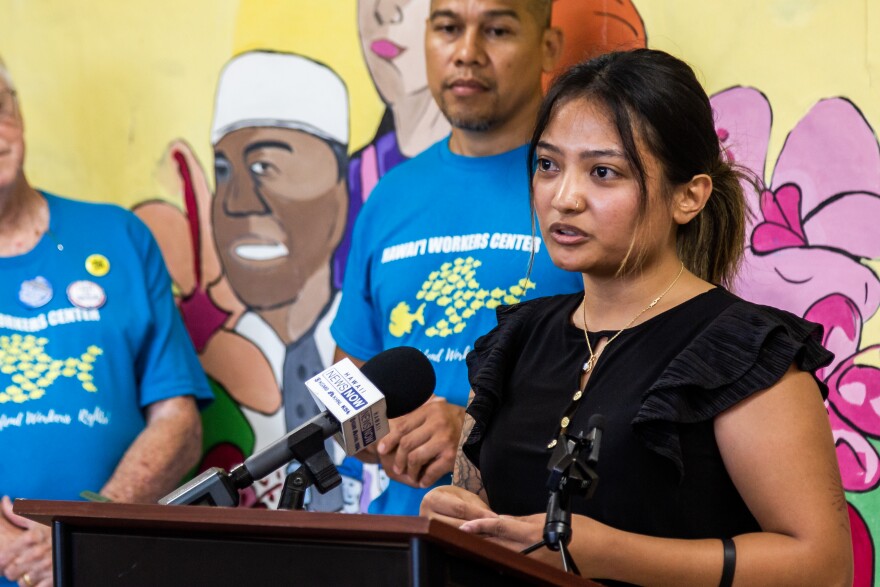Max’s Restaurants will have to pay nearly $308,000 in owed back wages and damages to 23 employees on Oʻahu.
The Hawaiʻi Workers Center helped bring the case to the attention of federal authorities, who investigated and found that the restaurant group was violating labor laws.
The U.S. Department of Labor Wage and Hour Division in a news release said the owner of Max’s Honolulu and Waipahu locations “paid kitchen employees a fixed salary and excluded them for overtime pay regardless of how many hours they worked. Investigators also found the employer unlawfully allowed a manager to take a portion of tips.”
For years, the employees were forced to work 60-70 hours per week with one-day weekends. Many were noted as Filipino immigrants who feared retaliation if they spoke out against the unfair treatment.
Max’s also has to pay about $8,400 in penalties for the “reckless nature” of the violations, according to the labor department.
Maria Rallojay, a former employee at Max’s who is now involved with the Hawaiʻi Coalition for Immigrant Rights, approached the workers center after noticing the difficult conditions.
“ It was difficult for me to comprehend why I always saw like the same cooks and same workers in the back of the (restaurant) every single time I was working, and I remember doing double shifts and they were still there,” Rallojay said.
“I had to ask, ‘Why are you still here? Don't you want to take the day off, relax, enjoy yourself? Don't kill yourself working,’” she added.
The back pay given to Max’s employees was for three years’ worth of overtime, which Rallojay said isn’t enough.
“They’ve been working there for decades, and just the amount of time they lost visiting family, going back home and relaxing — you cannot compensate for that loss,” she said.
The Hawaiʻi Workers Center, which helps organize primarily low-wage, non-union and primarily immigrant and migrant workers, hopes the successful case encourages other unfairly treated workers to reach out to them for help.
“We want to send a message to the business community and to our community that worker exploitation is not okay, wage theft is not okay, and the success of our businesses cannot come at the expense of our workers,” said Sergio Alcubilla, executive director of the workers center.
The employees, who were not given overtime pay because they were salaried workers, have been converted to hourly pay.
While some employees still fear retaliation, the workers center said that the investigation is a “statement” that it is monitoring the situation.






